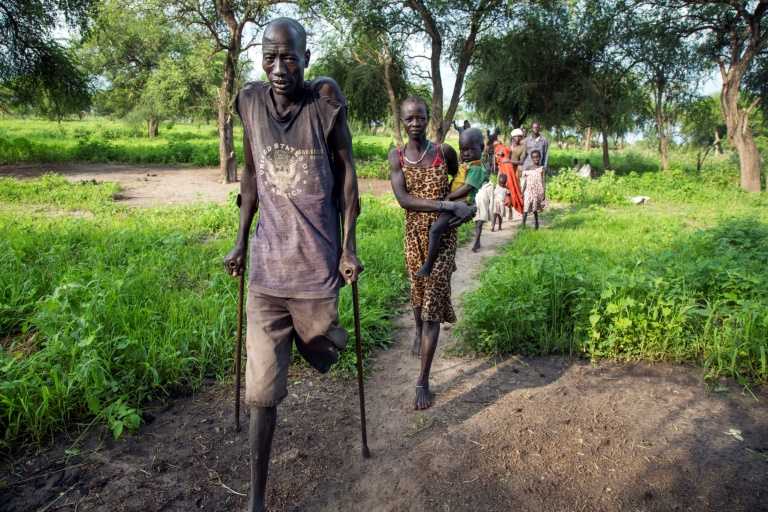EFF will not change its stance on a borderless Africa, says Malema
The UN Security Council decided a year ago to deploy a 4,000-strong regional force, two months after fighting in the capital Juba killed hundreds of people and led to the collapse of a peace agreement between President Salva Kiir’s government and rebels loyal to his former deputy Riek Machar.
However the plan has been bogged down in delays and bureaucratic hurdles
David Shearer, head of the UN mission UNMISS, told a press conference about 150 troops from Rwanda arrived at the weekend for the regional protection force (RPF).
A team of Nepalese soldiers and an engineering company from Bangladesh who will join east African troops for technical support have also arrived.
“It will enable us to put more patrols along insecure roads where there have been attacks on civilian convoys,” Shearer said of the RPF.
“It will enable us, as I said before, to help protect civilians and build a durable peace in South Sudan.”
More troops from Rwanda along with a contingent from Ethiopia are also expected to arrive, Shearer added.

Thousands of people have been killed or maimed in
fighting between South Sudanese government and opposition forces that first erupted in 2013
There are already around 12,000 troops operating under UNMISS in South Sudan, but the Security Council authorised the deployment of the RPF after the July 2016 violence amid complaints that UN forces failed to respond to attacks on civilians.
The Security Council mandate allows the RPF to secure Juba’s airport and “promptly and effectively engage any actor that is credibly found to be preparing attacks or engages in attacks”.
Shearer blamed “bureaucratic hurdles” for the 11-month delay in deploying the troops.
“We have liked it to have been quicker,” he said.
South Sudan descended into a vicious civil war in 2013 after Kiir accused Machar of plotting a coup. Machar is now in exile in South Africa.
Thousands of people been killed and millions displaced by the violence, which briefly plunged part of the country into famine earlier this year.
Download our app and read this and other great stories on the move. Available for Android and iOS.